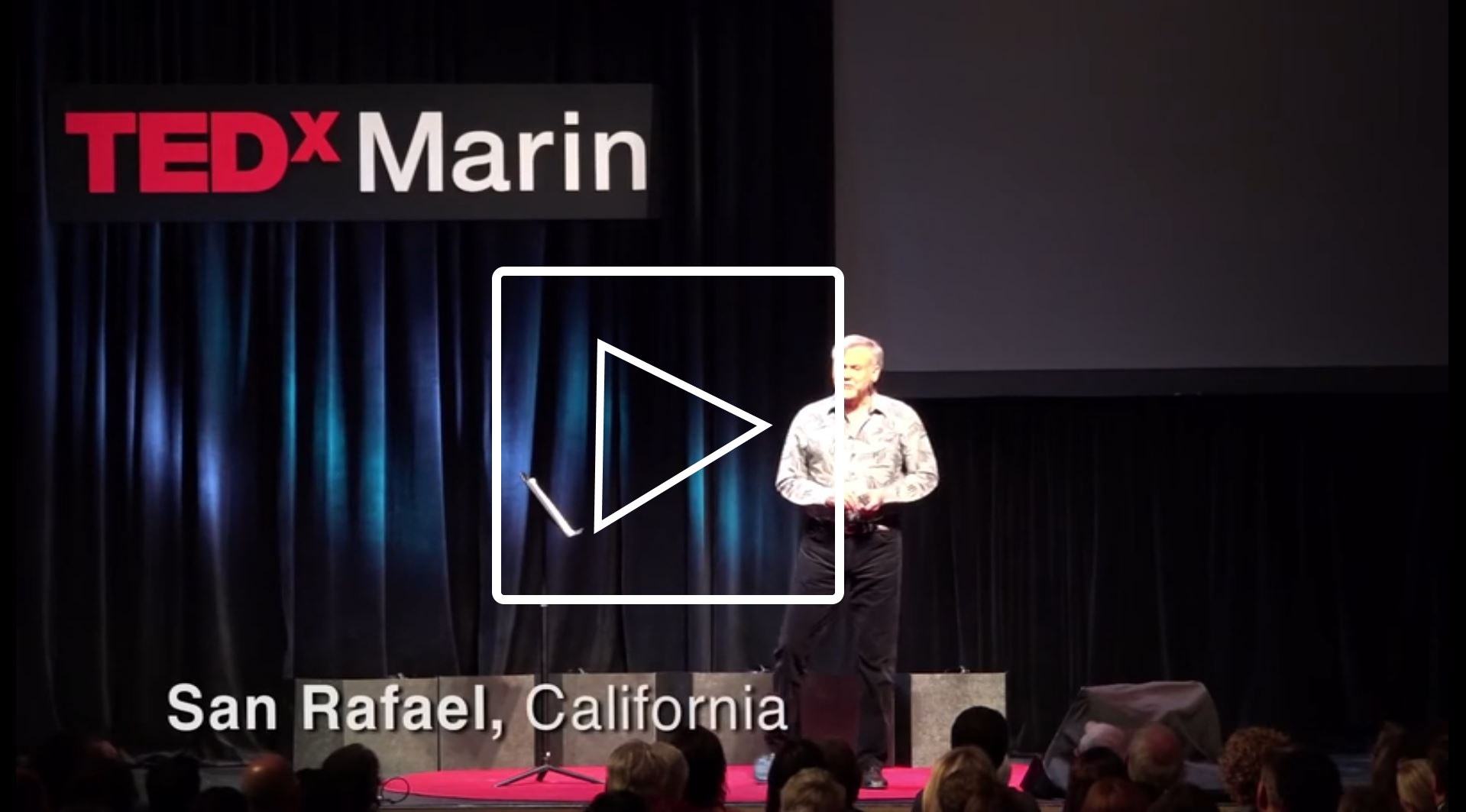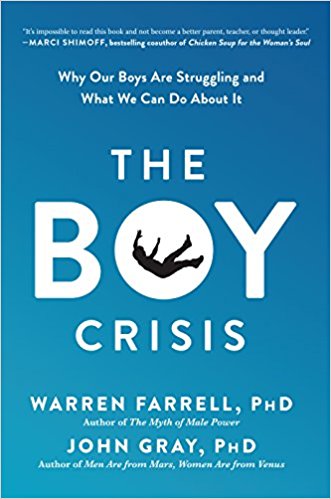![]()
Courts not answer for kids, critics say
Treating youths more chaotic,' advocate says
Ottawa wants to hold 10-year-olds liable for actions
The Toronto Star, JESSICA LEEDER, STAFF REPORTER, Aug. 16, 2006
Slotting troubled 10-year-olds into the criminal justice system creates unnecessary hurdles for kids who need mental-health treatment to move off a criminal course, says Ontario's child advocate.
Judy Finlay said in an interview yesterday that the federal justice minister's suggestion that children as young as 10 who break the law be brought to court would only serve to make treatment for those youths more "chaotic and fragmented" in Ontario.
"Kids need to stay out of the criminal justice system," she said. "We're trying to move in exactly the opposite direction."
Since Justice Minister Vic Toews said Monday that the Youth Criminal Justice Act might need to be changed so 10- and 11-year-olds who "run afoul of the law" can be brought to court, criticism from child advocates, lawyers and juvenile justice experts has steadily mounted.
The law now covers youths from 12 to 17.
While many agree with Toews that efforts to reach troubled youth under 12 and prevent them from developing criminal behaviour must be stepped up, few experts think the justice system is the right avenue.
Finlay said her office has been doing extensive research into the subject of young offenders, including interviewing police, Crown attorneys and judges.
"To put kids before a judge and have a judge determine where the kids will go ... the judges are lost," she said. "Judges say they don't know where to send the kids."
Part of the problem is a lack of interconnectedness among social programs offered to the youngest offenders.
Dr. Leena Augimeri is the director of the Centre for Children Committing Offences at Toronto's Child Development Institute, which specializes in research and early intervention for youths under 12.
She said it's like "finding a needle in a haystack" when it comes to finding the right programs to help troubled children under 12.
Still, Augimeri said the courts are not the answer.
"Criminalization equals punishment, and we know that doesn't work," she said.
Martha Mackinnon, executive director of the legal-aid organization Justice for Children and Youth, said the brains of most offenders under age 12 are not developed enough for the court system to be effective.
"Deterrents as a principle don't work for young people. Most of their conduct, whether it's good or bad, is impulsive," she said.
"There aren't 10-year-olds who sit around and say, `Oh, if I got caught, I might have to go to court.'"
Mackinnon said criminal law is too powerful a tool to use on children as young as 10 and 11.
At that age, she said, many can be rehabilitated, and will respond better to treatment if they and their families are given access than to punishment.
"Going to court is not a good predictor of not going there again," she said.
Fred Matthews, a veteran psychologist at Central Toronto Youth Services, said behavioural change is more effective if it stems from a community health model that can address all the factors that lead to troubled youths.
"You've got to address the context of the behaviour," he said. "Otherwise, we're just standing at the end of an assembly line, catching kids as they come off."
Finlay said she worries resources have already been squandered in the court system. "There are lots of kids in the system who don't belong there," she said, adding that mental-health issues left unresolved are often at the root of youths' problems.
Until mental-health services are improved to help troubled youths, Finlay said, "you're always going to have kids falling through the cracks."






